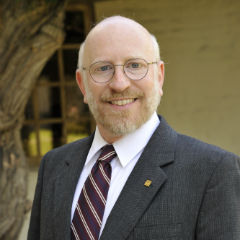
- This event has passed.
Maurice Sendak in Queer Jewish Context
Wednesday, February 10, 2021, 4 – 5:30 p.m.
The late Jewish American artist Maurice Sendak (1928-2012) changed the face of children’s literature and paved the way for the reconsiderations of monstrosity and otherness that pervade contemporary media, from Sesame Street to Stranger Things. His emotionally isolated, unruly, and ethnically particular protagonists use fantasy to resist social coercion and self-erasure. In Wild Visionary: Maurice Sendak in Queer Jewish Context (Stanford University Press, 2020), Golan Moskowitz investigates the evolution of Sendak’s artistic vision and its appeal for American, Jewish, and queer audiences.
In the present talk, Moskowitz and Naomi Seidman will offer a pointed discussion of Wild Visionary, illuminating how Sendak’s multiple perspectives as a gay, Holocaust-conscious, American-born son of Yiddish-speaking Polish immigrants informed his life and work. It will also explore how the artist’s work interacted dynamically with his cultural surroundings, offering insights into experiences of marginality and emotional resilience that remain relevant and visionary to this day.
About the Speakers
Moskowitz is an assistant professor of Jewish studies and the Catherine and Henry J. Gaisman Faculty Fellow at Tulane University, where he teaches courses on Jewish gender and sexuality, Holocaust studies, and Jewish comics and graphic novels. He is the author of several publications on intergenerational memory in post-Holocaust family narratives. Moskowitz’s work has been supported by the Andrew W. Mellon Foundation, the Memorial Foundation for Jewish Culture, the Hadassah-Brandeis Institute, and the Tauber Institute for the Study of European Jewry.
Naomi Seidman is the Chancellor Jackman Professor of the Arts in the Department for the Study of Religion and the Centre for Diaspora and Transnational Studies at the University of Toronto, and a 2016 Guggenheim fellow. Her publications include Faithful Renderings: Jewish—Christian Difference and the Politics of Difference (Chicago, 2006), The Marriage Plot, Or, How Jews Fell in Love with Love, and with Literature (Stanford, 2016), and Sarah Schenirer and the Bais Yaakov Movement: A Revolution in the Name of Tradition (Littman, 2019), which won a National Jewish Book Award in women’s studies. She is presently working on a study of Freud in Hebrew and Yiddish translation.



